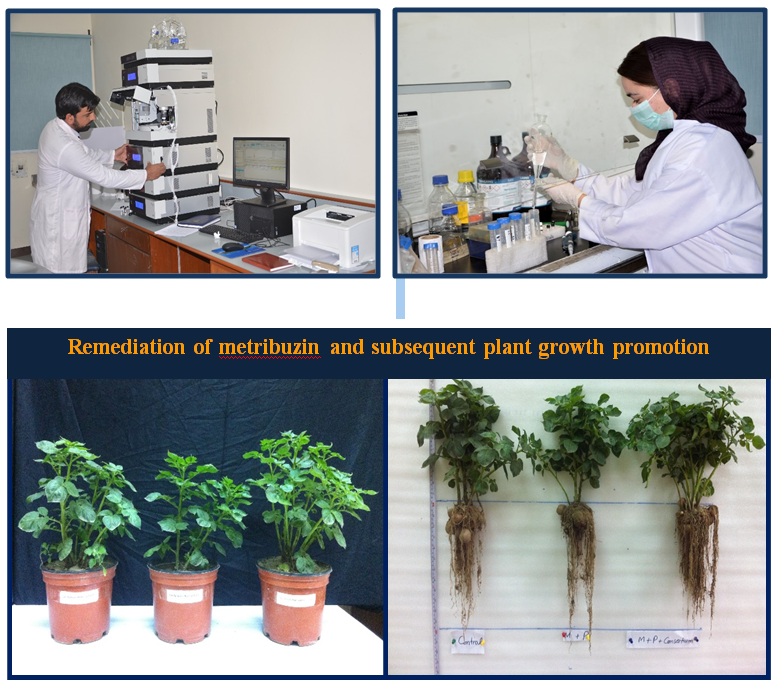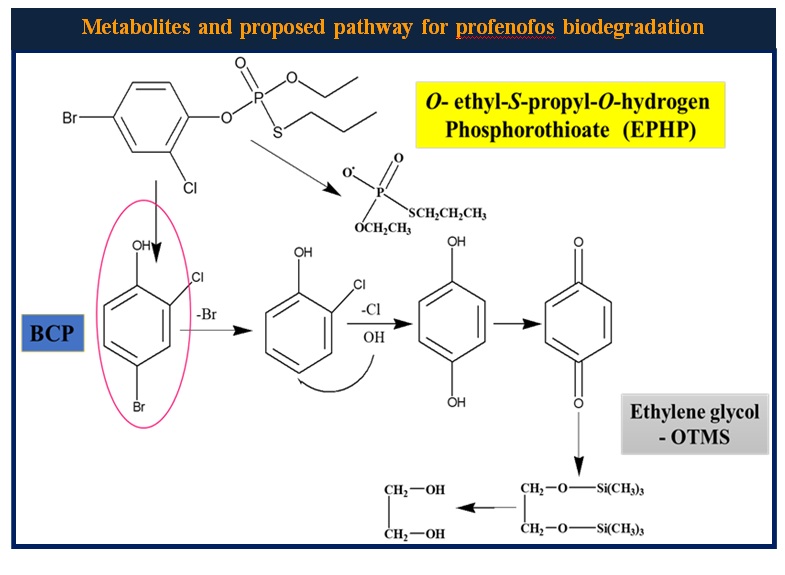antidepressant sertraline
buy antidepressant online
tfswhisperer.com buy sertraline 25mg
abortion clinic fargo nd
abortion clinic
fargo nd
cheap abortion
cheap abortion in chicago
read
Group Leader:
Dr. Samina Iqbal
Dy. Chief Scientist
Team Members
- Ms. Samina Anwar: PS
- Mr. Asif Nadeem: SAIII
- PhD. Scholar: 1
- MPhil Scholar: 1
Mandate of BB group is to use microorganisms demonstrating pollutant degradation activities, as a contemporary approach for remediation of emerging pollutants
Research Focus
Food security and environment are among major issues of the future, and are directly related to agricultural outputs. Sustainable agricultural is getting terribly challenging because of the increasing use and misuse of agricultural chemicals including a variety of chemical fertilizers and pesticides. The environmental problems associated with such contaminants arouse attention towards adaptation of eco-friendly and cost-e?ective approaches for mitigating the contaminants at point source i.e. before they enter the environment are valuable strategies.Microorganisms are an important component of the global biological diversity. With technological advancements, physiologically diverse microbes are being discovered, and their ecological roles are being explored. New technologies for effective utilization of microorganisms for environmental protection, depend upon novel collections of microorganisms. Several microbial applications can be adapted to maintene soil health while reducing environmental footprints. Such technologies have already shown success, however, their use in agro-ecosystems needs to be boosted.
At BB group, pesticide removal by plants in combination with pesticide degrading rhizospheric and endophytic bacteria has been demonstrated as a promising approach to alleviate contaminant-induced stress and increase remediation efficiency. So far, Bacterial inocula have been developed for bioremediation of insecticides belonging tocarbamate, organophophate and pyrethroid groups and herbicidesviz a viz, bispyribac-Na, fluroxypyr, MCPA, bromoxynil, metribuzin, metsufuron-methyl, tribenuron-methyl and glyphosate
The group is strengthened through national/international grants from IFS and HEC.The group comprises of well-equippedlabs to facilitate microbiology, biotechnology, molecular biology work and a state of the art HPLC for the analysis of various contaminants like pesticides, drug residues and other organic molecules.
The main research areas of the group:
- Development of bacterial inoculafor bioremediation/phytoremediation of pesticides and other contaminants.
- Identification and molecular/physiological characterization pollutant degrading bacteria
- Effect of pesticides and other pollutants on soil microbial diversity.
- Determination of metabolites produced during microbial degradation of pesticidesto propose respective degradation pathways.
- Pesticide and drug residue analysis in various matrix.
- Biodegradation & bioremediation of petroleum hydrocarbons.
- Enumeration/Detection of microorganisms in the environment/contaminated waters.

